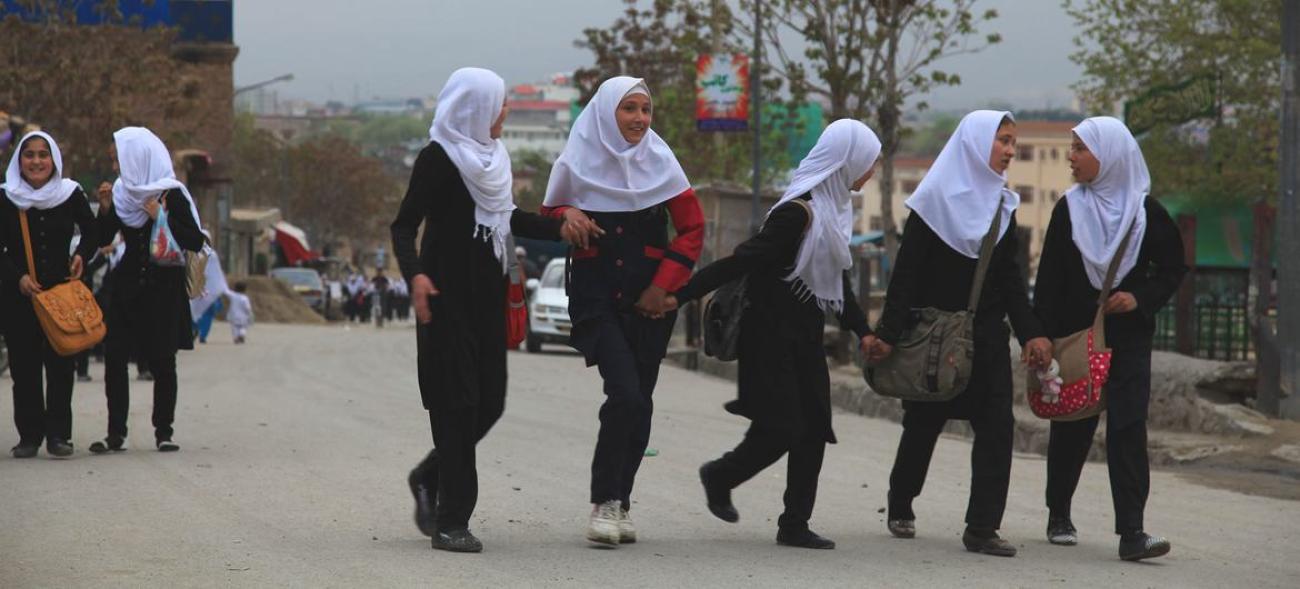Online hate is often a driver of violent physical attacks against religious minorities, said the UN chief on Tuesday, calling on governments, community and religious leaders, to “speak out against hate and incitement to violence.”
UN Secretary-General António Guterres was delivering his message marking the International Day Commemorating the Victims of Acts of Violence Based on Religion or Belief and began by reiterating that freedom of belief is “an inalienable human right”.
“Yet, around the world, people and communities, particularly minorities, face intolerance, discrimination and threats – to their places of worship, their livelihoods and even their lives”, he said.
“Hatred stirred on and offline is often the cause.”
The official UN Day provides an opportunity to remember all who have suffered based primarily on their faith, and an opportunity to “renew our resolve to stamp out the hate speech that fuels these terrible acts of intolerance.”
Initiatives offer solutions
Mr. Guterres cited initiatives such as his Call to Action for Human Rights and the UN Strategy and Plan of Action on Hate Speech, which provide a blueprint to do so.
“I urge all governments to prevent and address acts of violence based on religion and belief”, he continued.
“I call on everyone, particularly political, community and religious leaders, to speak out against hate and incitement to violence.”
He called on senior politicians, technology companies and other stakeholders to support the UN’s development of a voluntary Code of Conduct for Information Integrity on Digital Platforms, ahead of next year’s Summit of the Future, specifically to tackle hate speech online.
More inclusion, respect
“Together, let’s honour the victims of violence by striving to build a more inclusive, respectful, and peaceful world – one where diversity is celebrated.”
The Day was designated by the UN General Assembly in 2019, spurred by widespread violations suffered by vulnerable groups such as migrants, refugees, asylum seekers and persons belonging to minorities – who are targeted on the basis of religion or belief.



